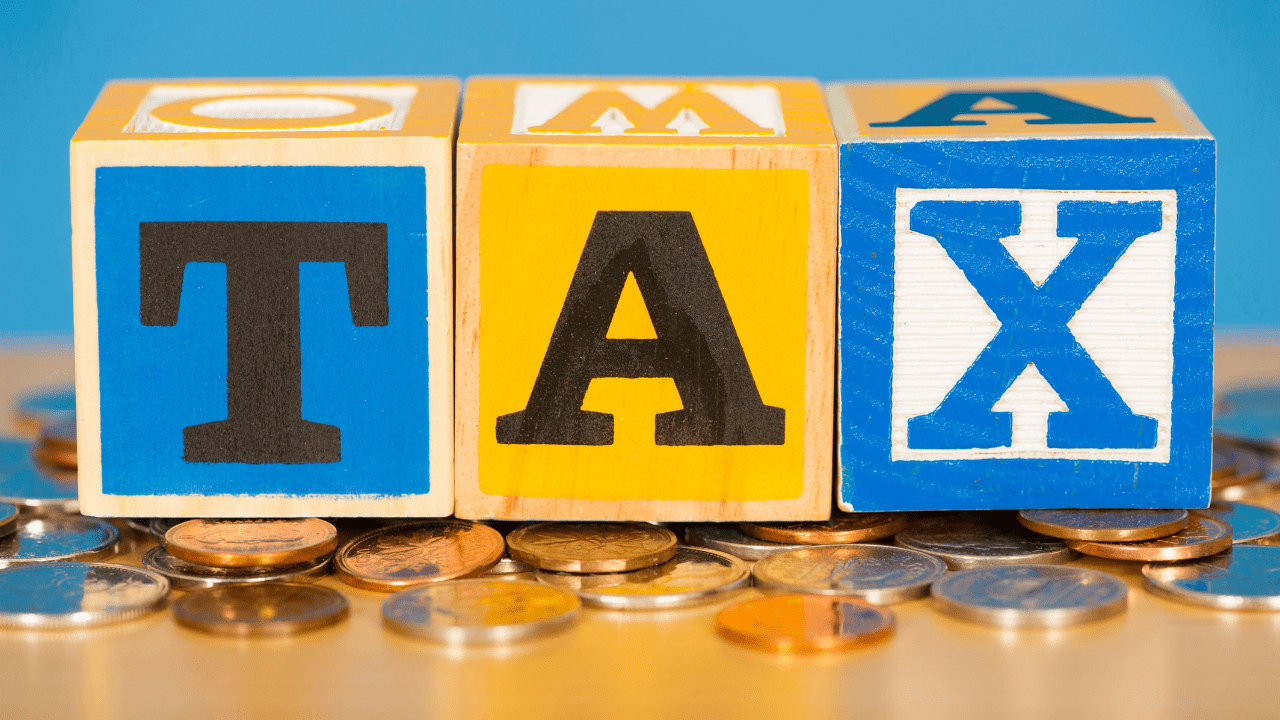
As you can imagine, there is little in this world that is more stressful than owing the Internal Revenue Service (IRS) a significant amount of money in back taxes. If you get on the wrong side of the IRS, they can turn your financial life into a nightmare.
Of course, that is not really their agenda. They just want to make sure they can collect what’s owed them by taxpayers.
If you currently owe back taxes to the IRS, you are probably feeling the pinch. You might be wondering what alternatives you have at your disposal to remove the pressure of this debt. The good news is you don’t have to panic. You do have ways you can settle your debt before the IRS starts coming after your paycheck, bank account, or assets.
How to Deal With the IRS Regarding Back Taxes
As long as your intentions were not fraudulent, there really is no need to fear dealing with the IRS over back taxes. Even if it’s been years since you filed, there are remedies. Since this is a step-by-step process, we want to take you through it as such.
Step 1 – Gather Your Tax Documents
If you intend to make things right with the IRS, you will need to prepare all of your missing tax returns. To do that, you will need to collect all relevant tax documents. That would include W-2s, 1099s, bank/investment statements, mortgage statements, receipts for business expenses, etc.
If it has been years, there is a good chance some documents will be missing. If so, try your best to get copies from outside parties. If that doesn’t work, try your best to reconstruct the information as accurately as possible. The effort will matter to the IRS.
Step 2 – File Your Returns
The sooner you prepare and file your missing tax returns, the better. It will help stop interest and late fee charges. It will also give you peace of mind.
If you cannot find the forms you need from past years, you can contact the IRS and they will get you what you need.
Step 3 – Pay What You Can
When you file your past due tax returns, you should try to pay as much of your debt as possible. This will help stop the flow of some interest charges and perhaps late penalties. It will also show the IRS you are willing to make an honest attempt to make things right.
Start Negotiating With the IRS
Once the IRS has your returns and know where things stand, they will start sending you bills and notices. This will open the door for possible debt settlement negotiations.
The first thing you want to do is ask the IRS to waive penalties. If you offer viable reasons for not filing, they might cooperate, saving you lots of money in the process.
When you have your target debt on the table, you can request an installment payment plan. At this point, you have three options. They include:
- Requesting a short term payment plan (120 days or less)
- Requesting a long term payment plan (up to 6 years)
- Ask for hardship relief in the form of a Offer-in-Compromise (OIC) or Currently Not Collectible (CNC) status
If you are ready to address your back taxes, you will find that JMV Financial Services can be very helpful. A little help might be all you need to square things up and get back on tract with the IRS.

